Phaware Podcast: Colleen Schnell
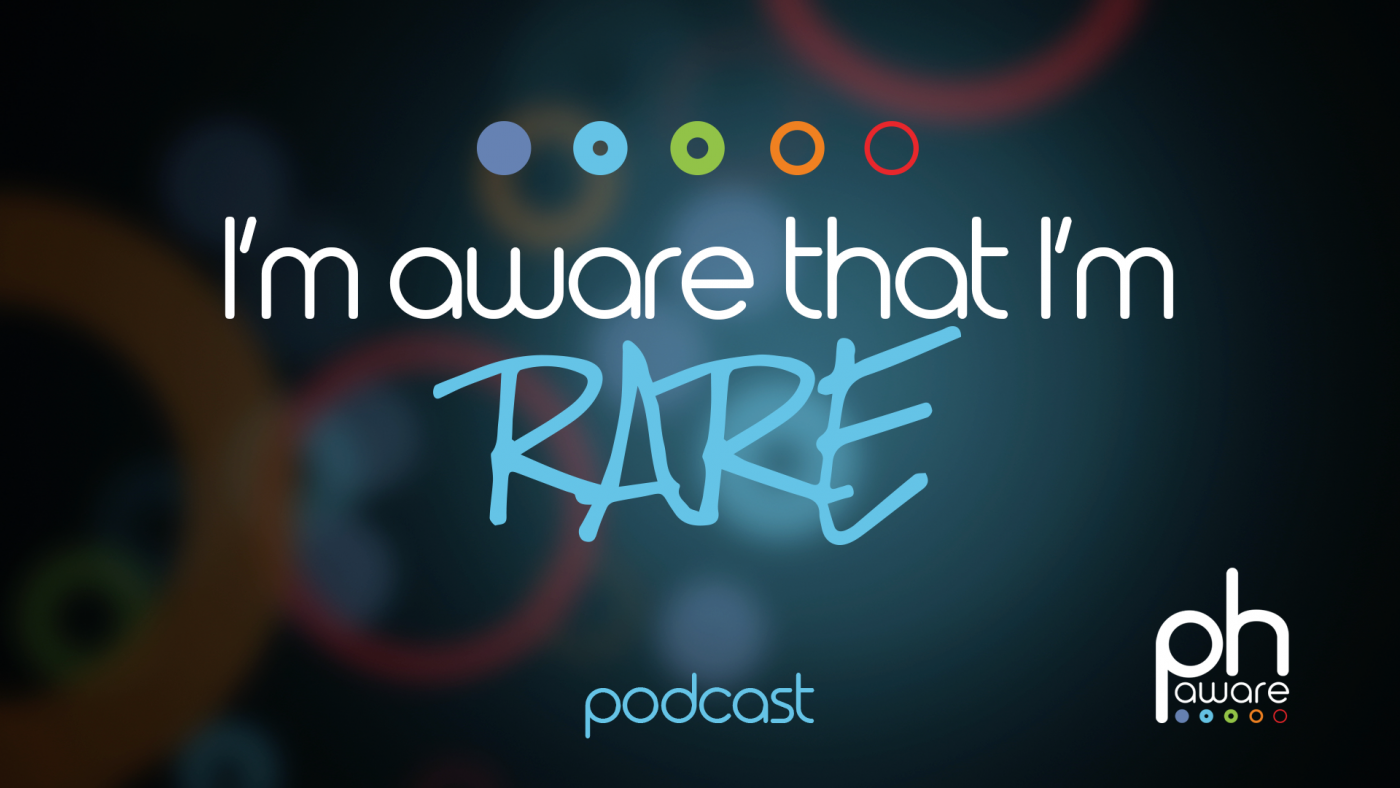
This podcast series, created and produced by phaware, is being offered as a regular guest feature on Pulmonary Hypertension News to bring the voices and life experiences of PH patients, family members, caregivers, healthcare specialists, and others to our readers. You may listen to the podcast directly, or read it via the transcript that runs below.
I’m Aware That I’m Rare: Colleen Schnell
The phaware® interview (Episode 95)
Colleen Schnell is a long-term pulmonary hypertension patient who lives in Niagara Falls, New York. She is the support group leader of the Buffalo Niagara PHriends group and moderator of two PH-related support groups on Facebook. Colleen likes to volunteer at a nursing home, exercise, paint and make jewelry, and spends quality time with her family and friends. One of Colleen’s favorite phrases is “Always have hope.”
My name is Colleen Schnell. I am from Niagara Falls, New York, which is about 20 minutes north of Buffalo, New York. I am a pulmonary hypertension patient. I was actually diagnosed about nine months after I was born, in the mid-70s.
When I was a baby, my mother took me to a free clinic to get my first set of shots, and a doctor there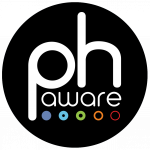 thought that he heard something wrong with my heart, and told my mom to bring me to my pediatrician. So, my mom did. The pediatrician said, “Oh, no, she’s fine.” So, the second set of shots at the same free clinic, the same doctor that was still there said, “There is definitely something wrong with her and she looks blue,” which my parents, I don’t think, really recognized that.
thought that he heard something wrong with my heart, and told my mom to bring me to my pediatrician. So, my mom did. The pediatrician said, “Oh, no, she’s fine.” So, the second set of shots at the same free clinic, the same doctor that was still there said, “There is definitely something wrong with her and she looks blue,” which my parents, I don’t think, really recognized that.
So, they took me up to Children’s Hospital in Buffalo, and I was pretty much seen right away. I guess did a whole bunch of different testing. I know I had a right heart catheterization twice. They said I had a heart defect called “arterial ventricular canal,” which basically means, in a nutshell, I have two holes in my heart, and they could not correct them at that time because I had already developed pulmonary hypertension. And at that time, there was nothing to treat PH. They didn’t really know a whole lot about it. They couldn’t correct my defect, so my parents were pretty much given, “We don’t know how long she’s going to live,” sort of situation. “She may not make it to her first birthday. She could turn 50, we have no idea.” They basically were just told, “Here, take her home and love her as much as you could.”
I will be 42 in September and you know, I thank God for every day. So, I pretty much grew up going to a pediatric cardiologist, at least once or twice a year. I had ECHO’s just to check on my heart, my heart defect, make sure my heart was working right. I wasn’t going in to heart failure or anything like that. I wasn’t even really aware of the word pulmonary hypertension until I was probably a teenager. I think I still have the paper that my cardiologist wrote on with that term. And also my defect. But I realized that even he did not fully understand the extent to pulmonary hypertension.
When I was in my mid to late 20s, I was teaching pre-school, I was going out a lot. I was dating. I had moved out on my own. Trying to just do everything and my symptoms became a lot worse. That and the fact that I was teaching pre-schoolers and my third year in, I had double pneumonia, I had bronchitis and then I was on my third respiratory something or other, when my primary doctor told me I needed to quit my job. I was at 24 at the time, and I never thought I’d retire at that age. And my symptoms did keep getting worse.
I went to my pediatric cardiologist that I still was seeing, and told him about more shortness of breath and I felt like that was the first time I felt like I ever had an elephant sitting on my chest all the time and fatigue and everything was increased. He gave me asthma meds. And, you know, I tried those and they never worked. So, eventually my primary doctor referred me to the Cleveland Clinic in Ohio for a lung transplant evaluation. And it was several visits later, I was put on an oral medication. I think the biggest thing I realized was my recovery time in doing anything strenuous, was way shorter than anything I had ever experienced growing up. I would usually spend hours or the rest of the day, just resting and trying to get enough energy if I was running around with my sisters. This medicine, I realized, helped me recover within minutes and not hours, and that was pretty exciting for me. I also started pulmonary rehab, which was in about 2008, and I still do it, twice a week. I go to one of the local hospitals here.
I grew up being told, “Don’t ever play sports, don’t take gym.” Never took a gym class in my life. Nothing like that, because it would be so exhausting. I’ve really found that exercising has helped tremendously. I did add another oral medication in 2007, and the combination plus the pulmonary rehab and even yoga lately, in the last couple of years, has helped me quite a bit. But it did make me realize that my pediatric cardiologist before I went to the Cleveland Clinic, did not understand pulmonary hypertension, even though he had the name. It made me realize then that — wow! — a lot of doctors don’t really know this disease. That’s difficult, too, I understand the frustration many people have when it takes years to actually get something diagnosed.
I think awareness is important because it would get patients diagnosed a lot quicker instead of some people being diagnosed, you know, even five years after they start presenting the symptoms. That is definitely something that awareness does help. I think awareness also helps bring many more patients together, whether it be in a personal or a local support group, or even online. I mean, I know Facebook has become such a huge outlet for the PH community, trying to reach more people that way.
I definitely can tell people now and I have told people who are just being diagnosed, that there are so much more hope than there was when I was diagnosed. There was a lot of times in my childhood when I just couldn’t do anything to like my classmates could do. I spent a lot of time in my room, doing things that I could do, reading and writing and things like that. But I think there were also things that my mom always found. I mean, I was a girl scout. I couldn’t participate in everything, but there were a lot of activities that they did that I was able to do.
I don’t feel I was totally sheltered. I pushed the limits sometimes, and if I couldn’t do something, I just wouldn’t do it again. Or I would do it again, and I find that I might do that more myself as an adult, pushing the limits and doing them again, even though I know I shouldn’t have done it.
My name is Colleen Schnell and I am Aware That I’m Rare.
EVERYBODY HAS A STORY. WHAT’S YOURS?
Phaware global association wants to share your pulmonary hypertension story with their engaged global audience. Whether you are a patient, caregiver, or medical professional, they are enlisting PH community members from around the world. Visit www.phawarepodcast.libsyn.com/contact to share your story and to be considered for a future episode. Never miss an episode with the phaware® podcast app. Learn more about pulmonary hypertension at www.phaware.global. #phaware
***
Note: Pulmonary Hypertension News is strictly a news and information website about the disease. It does not provide medical advice, diagnosis, or treatment. This content is not intended to be a substitute for professional medical advice, diagnosis, or treatment. Always seek the advice of your physician or other qualified health provider with any questions you may have regarding a medical condition. Never disregard professional medical advice or delay in seeking it because of something you have read on this website. The opinions expressed in this column are not those of Pulmonary Hypertension News or its parent company, Bionews Services, and are intended to spark discussion about issues pertaining to pulmonary hypertension.




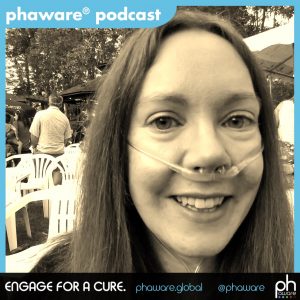
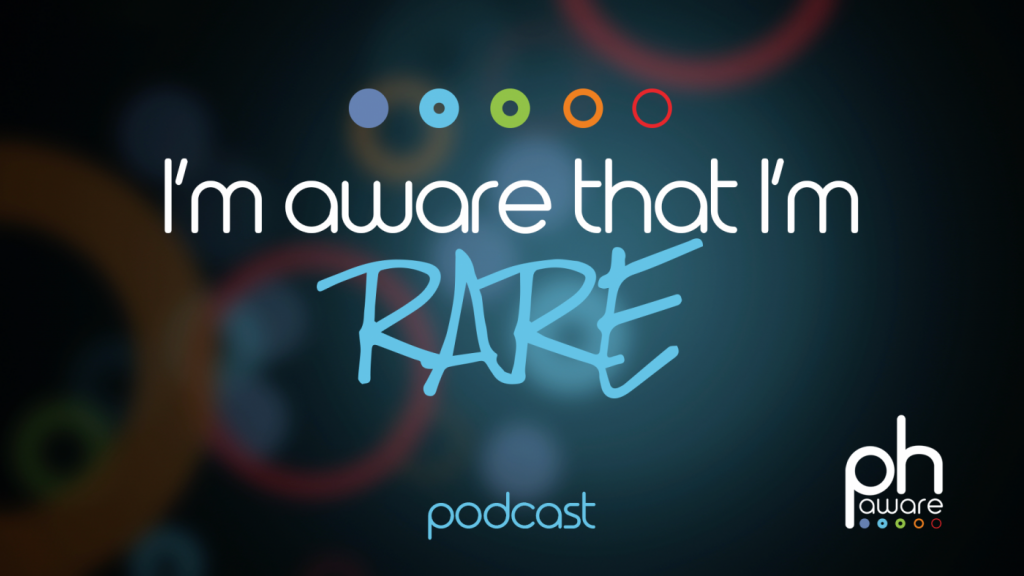

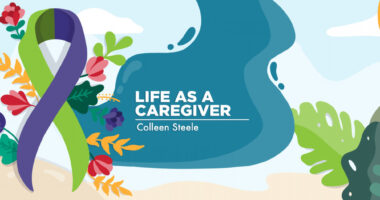


Leave a comment
Fill in the required fields to post. Your email address will not be published.